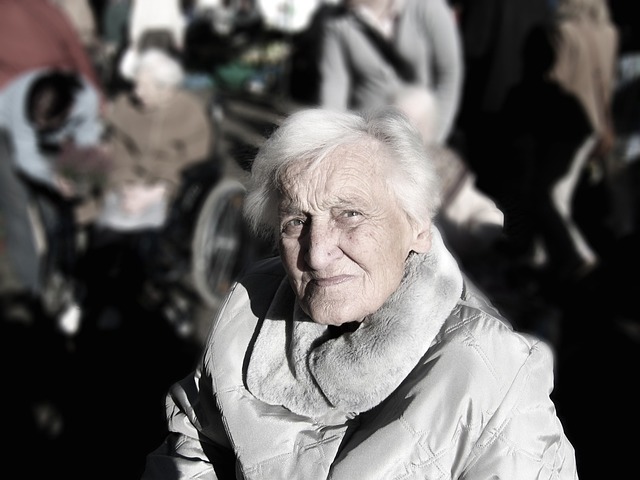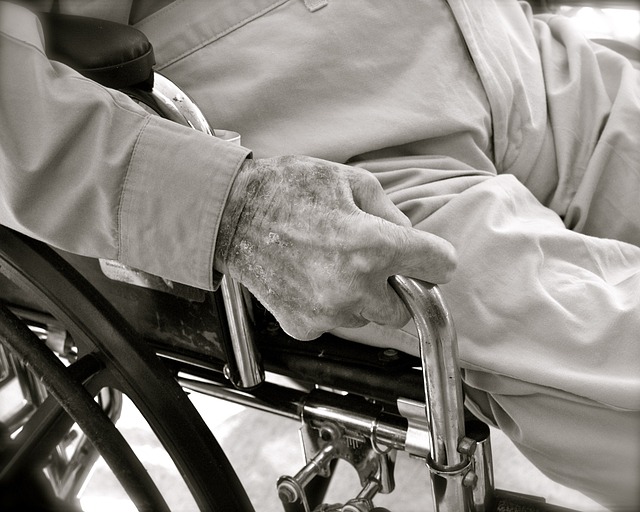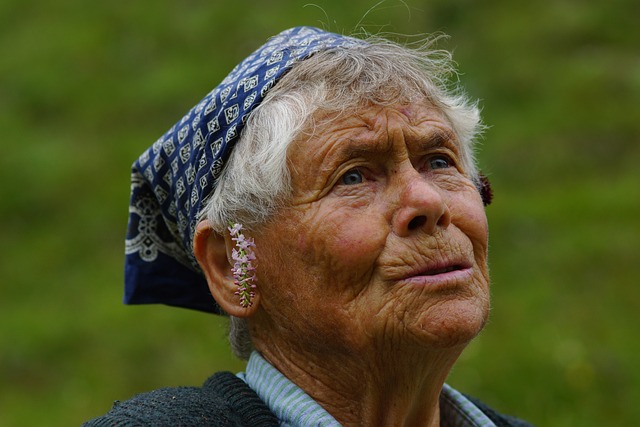Elderly companion services are designed to alleviate loneliness among seniors, particularly those with limited social or geographical access. These services provide a range of support from companionship and daily living assistance to health oversight, tailored to each individual's needs. They help reduce isolation and depression by offering personalized care that includes activities and conversations as well as technological integration like video calls and interactive apps to keep seniors connected. The adaptability of these services allows for various levels of support, from occasional visits to full-time care, enhancing the quality of life for the elderly and facilitating their community involvement. These companion services are crucial in promoting social engagement and well-being among older adults, ensuring they receive the necessary emotional and cognitive stimulation to maintain mental and emotional health, and ultimately contribute positively to their overall well-being and a more empathetic society.
As the global population ages, social isolation among seniors has become a pressing concern, with far-reaching implications for mental and physical health. This article delves into the transformative role of elderly companion services in addressing this issue. By exploring strategies for engaging social interaction through these services and enhancing quality of life with tailored companion care solutions, we uncover how compassionate companionship can be a lifeline for isolated elderly individuals. Elderly companion services emerge as a vital resource, offering not just company but also the opportunity to maintain a rich social fabric that is essential for well-being.
- The Role of Elderly Companion Services in Combating Loneliness Among Seniors
- Strategies for Engaging Social Interaction Through Companion Services
- Enhancing Quality of Life with Tailored Companion Care Solutions for Isolated Elderly Individuals
The Role of Elderly Companion Services in Combating Loneliness Among Seniors

Elderly companion services play a pivotal role in addressing the issue of loneliness among seniors, particularly those who are geographically or socially isolated. These services offer a multifaceted approach to companionship by providing trained individuals who can engage with seniors in meaningful ways, from conversation and shared activities to assistance with daily tasks and health-related monitoring. The personalized attention and care that these companions provide help to alleviate feelings of isolation and depression, which are often exacerbated by the natural decline in social interactions that accompanies aging. Furthermore, these services can be tailored to meet the diverse needs of seniors, offering everything from a few hours of companionship to around-the-clock care, thus enhancing their quality of life and fostering a sense of connection within the community. The integration of technology, such as video calls with family members or interactive applications designed for seniors, further enriches the companion service experience, ensuring that isolated seniors have access to both social interaction and practical support.
Strategies for Engaging Social Interaction Through Companion Services

For seniors facing isolation, companion services offer a vital lifeline to social interaction and engagement. These services are designed to provide elderly individuals with a consistent presence, which can significantly improve their emotional well-being and cognitive health. Professional companions, such as those offered through elderly companion services, are trained to engage in meaningful conversations, assist with daily tasks, and accompany seniors on outings or to social events, thereby fostering a sense of connection and community. These companions can be particularly beneficial for those who live alone or have limited mobility, ensuring they receive the social stimulation necessary for maintaining mental acuity and emotional health. Moreover, these services can be tailored to the specific needs and preferences of each senior, making them an adaptable solution for combating loneliness. By offering personalized support that ranges from simple companionship to assistance with complex activities of daily living, elderly companion services bridge the gap between seniors and the social interaction they need to thrive. This not only enhances their quality of life but also contributes to a more connected and empathetic society that values the well-being of its aging population.
Enhancing Quality of Life with Tailored Companion Care Solutions for Isolated Elderly Individuals

As seniors age, social isolation can become a significant challenge, often leading to diminished quality of life. To mitigate this issue, elderly companion services have emerged as a vital solution. These services are designed to provide not just company, but also a range of activities and interactions that cater to the unique needs and preferences of each individual. By offering personalized care and companionship, these services help seniors maintain social connections, which is crucial for their mental and emotional well-being. The presence of a dedicated companion can alleviate feelings of loneliness and depression, fostering an environment where elders feel heard, valued, and engaged. Moreover, these companion services can be tailored to include assistance with daily tasks, ensuring that seniors receive the necessary support to remain independent while enjoying meaningful interactions. This holistic approach to care not only enhances their quality of life but also promotes a sense of community and belonging, enriching the lives of isolated elderly individuals in a compassionate and dignified manner.
Seniors facing isolation can greatly benefit from elderly companion services, which offer tailored solutions to enhance their social interactions and overall quality of life. By implementing strategies that foster engagement and companionship, these services play a pivotal role in combating loneliness among the elderly population. As we acknowledge the growing need for such support systems, it is clear that elderly companion services are more than just an assistance program; they are a vital lifeline for seniors who wish to maintain their independence and social connections with dignity and joy.




